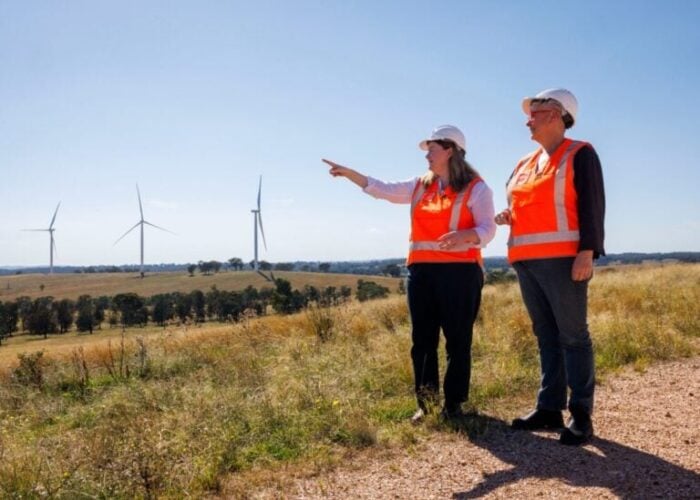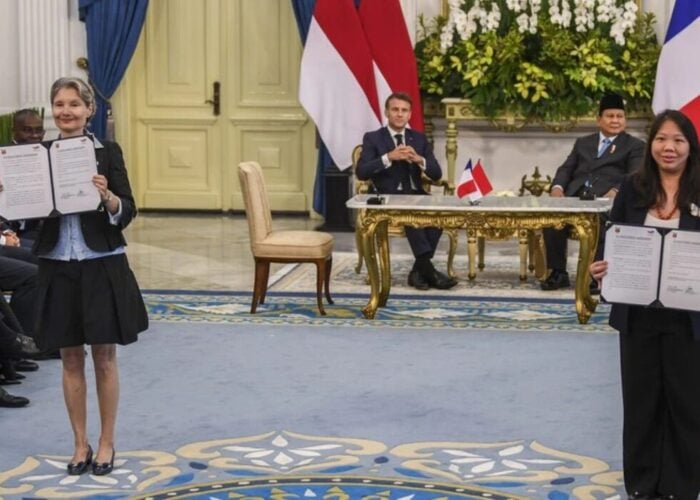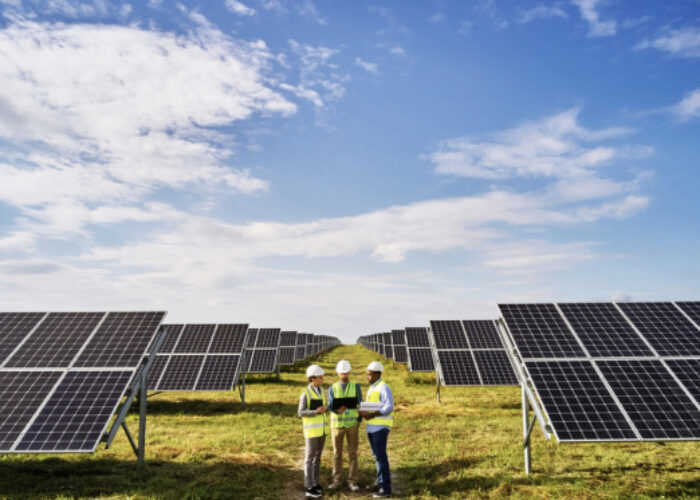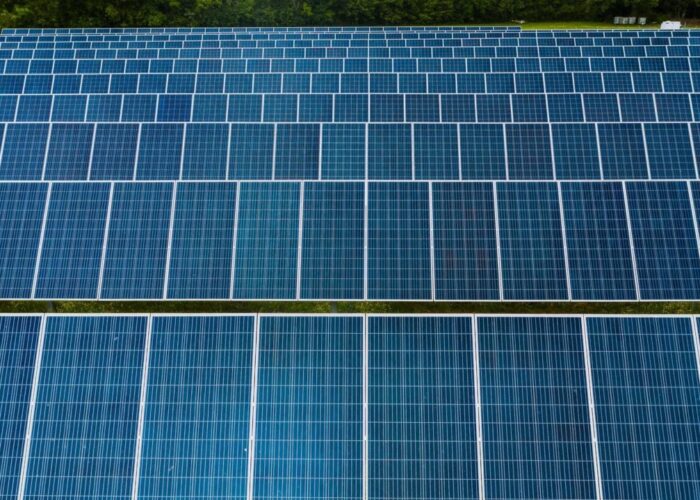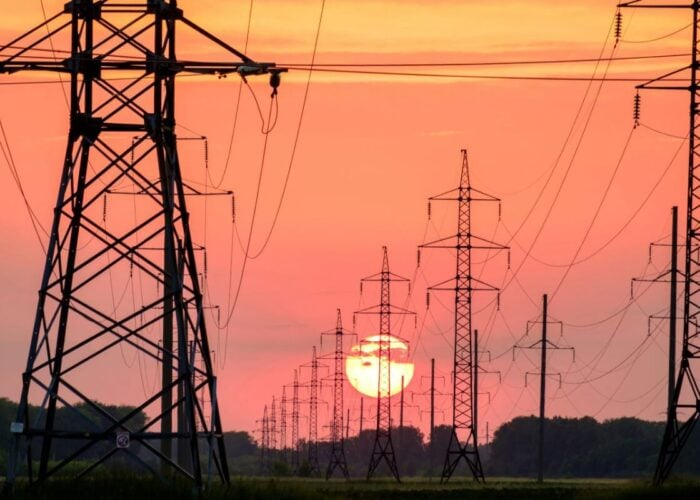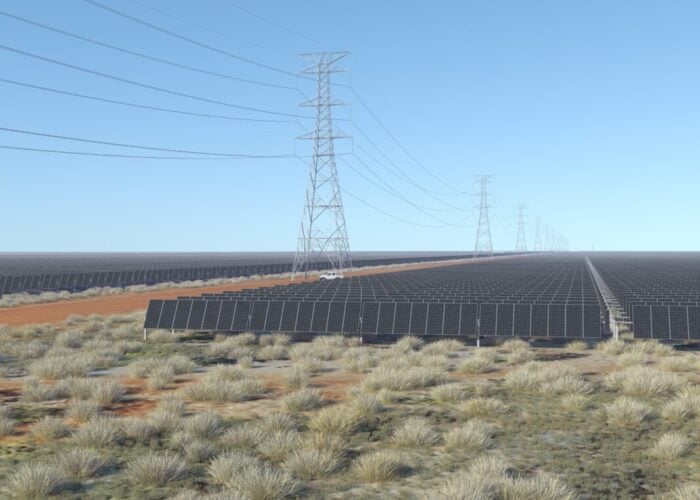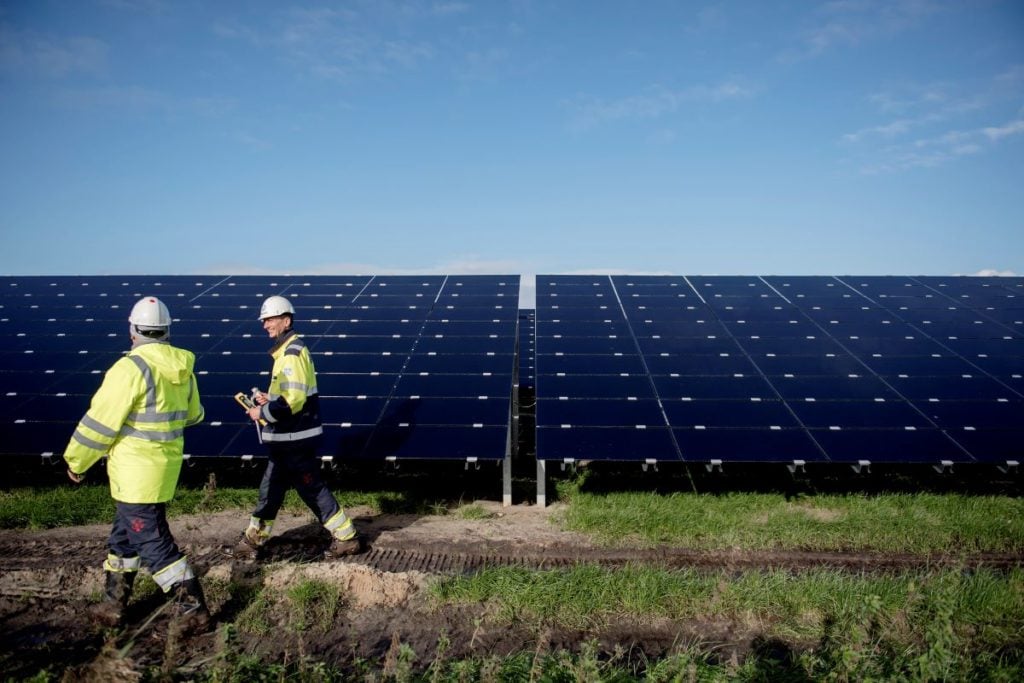
The Netherlands will enhance domestic energy production and ramp up building the necessary infrastructure for its energy system, according to its updated National Energy and Climate Plan (NECP).
Dutch climate and energy minister Rob Jetten said the Netherlands is transitioning its energy system which currently runs mainly on coal, oil and gas, to exclusively run on renewable sources, adding that the Dutch government will maximise energy supply through as much domestic production as possible, and build the necessary infrastructure as quickly as possible.
Unlock unlimited access for 12 whole months of distinctive global analysis
Photovoltaics International is now included.
- Regular insight and analysis of the industry’s biggest developments
- In-depth interviews with the industry’s leading figures
- Unlimited digital access to the PV Tech Power journal catalogue
- Unlimited digital access to the Photovoltaics International journal catalogue
- Access to more than 1,000 technical papers
- Discounts on Solar Media’s portfolio of events, in-person and virtual
Jetten added that the Dutch will expand the countries’ infrastructure systematically instead of doing it only when there is sufficient demand. The government will assume scenarios with the highest demand in the future and adjust policy and investment accordingly.
Moreover, the existing energy-saving obligation has been tightened on various points. On 1 July, the Dutch government imposed stricter energy-saving obligations for companies and institutions. Companies that require an environmental permit, such as waste processing and heavy industry businesses, and companies that fall under the European Emissions Trading System (EU ETS), are now required to reduce energy consumption or be more sustainable where possible.
The Dutch government added in the updated NECP that such measures were part of its effort to focus on energy conservation.
In 2019, the Dutch government set a target of onshore solar and wind electricity generation of 35TWh. Currently, electricity generation from renewable sources is 22.8 TWh, including 9.4TWh from large-scale solar PV and 13.4 TWh from onshore wind energy. After considering the projects in the pipeline and new projects, the Netherlands can reach the target of 35TWh.
In addition, the Netherlands intends to install 3GWp of solar PV at sea shortly after 2030. However, research into the ecological effects of solar energy at sea is required before formulating objectives and determining whether it should be scaled up after 2030.
The Dutch government also plans to make agreements with other North Sea countries to develop energy hubs so that the country can better connect to their energy systems.
Jetten said that a climate-neutral society in 2050 requires a major renovation of the Netherlands’ energy system which makes the country less dependent on foreign countries, therefore making choices based on the updated national energy and climate plans.
Some other European countries also announced their updated plans, including Italy, as it intended 65% of the country’s electricity generation to come from renewable energy by 2030, while Spain updated its National Energy and Climate Plan with an increased target for solar PV of 76GW by 2030.

